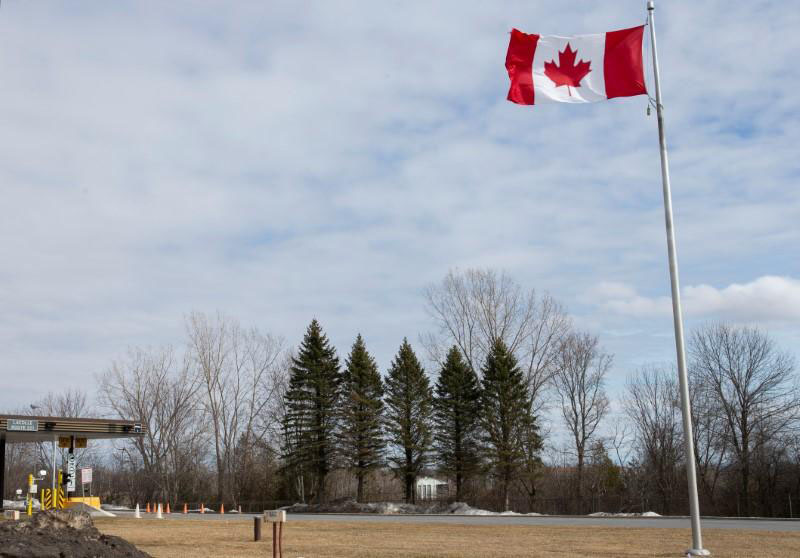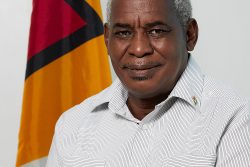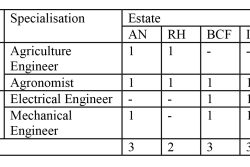OTTAWA, (Reuters) – The Canadian death toll from the coronavirus outbreak jumped by more than 50% yesterday, and impatient officials threatened to punish people refusing to take precautions to fight the spread of the highly contagious illness.
The number of deaths from the respiratory disease rose to 20 by 6 p.m. (2200 GMT) yesterday from 13 the previous day, Ottawa said, while the number of confirmed cases jumped to 1,430 from 1,099. There are coronavirus cases in all 10 Canadian provinces.
Canada has already closed its borders to all but essential travel and announced a C$27 billion ($19 billion) aid package for people and businesses most affected by the crisis. Prime Minister Justin Trudeau said more measures would be needed.
“We’re looking now at what those next steps are to ensure that our economy is able to pick up again once we’re through this. It is likely to take months,” he told reporters yesterday, but did not give details.
The House of Commons will return on Tuesday to approve the stimulus package. A handful of legislators will be present, since only 20 parliamentarians are needed to conduct business.
Ottawa says people who have returned from abroad must isolate themselves for 14 days and Health Minister Patty Hajdu said she could use the federal Quarantine Act to sanction those ignoring that requirement.
“We will use every measure … to ensure compliance,” she told a briefing. “(This) could include monetary penalties up to, and including, criminal penalties.”
Nova Scotia yesterday became the last of Canada’s provinces to declare a state of emergency, closing borders to non-residents and threatening to arrest those who do not practice self-distancing.
Premier Stephen McNeil told a news conference that despite warnings to avoid meeting in large groups, people were flocking to provincial parks and other common areas.
“We are dealing with a deadly virus and this behavior is unacceptable,” he said. His Atlantic province is banning gatherings of more than five people, a much stricter limit than other jurisdictions.
In Quebec, the second most populous province, Premier Francois Legault tightened existing restrictions to force the closure of all shopping malls. Only food and liquor stores and pharmacies can stay open.
“Right now there are still too many people in shopping malls,” he told a briefing, saying restaurants would only be able to offer takeout service. All schools will be shut until May 1.










